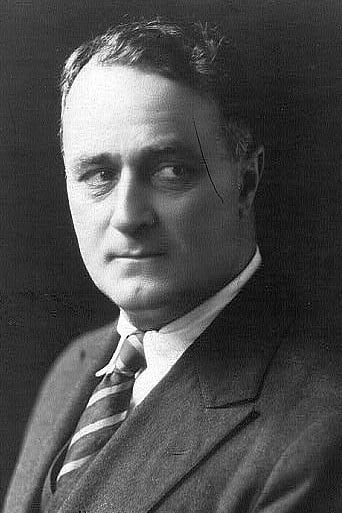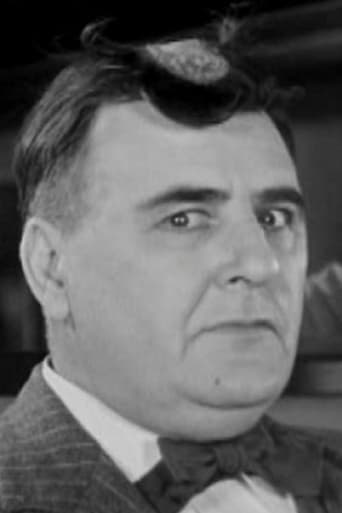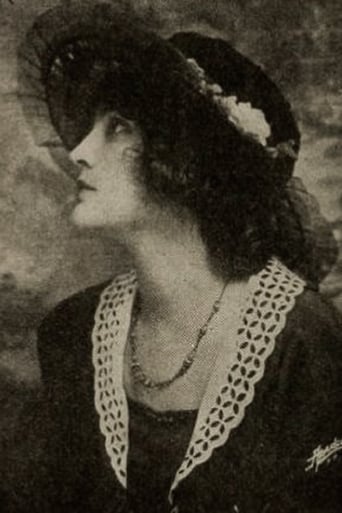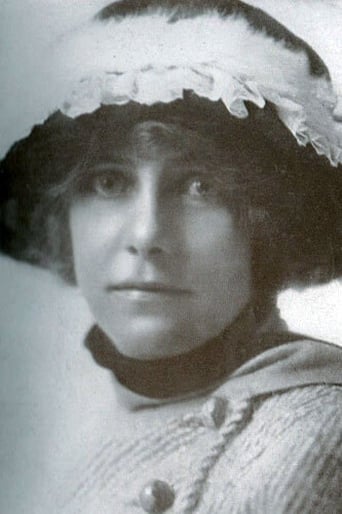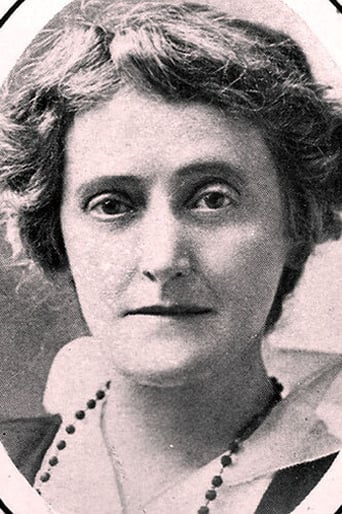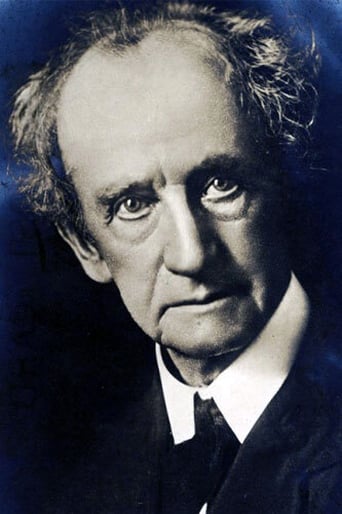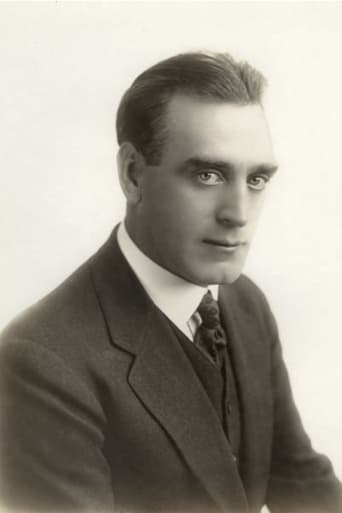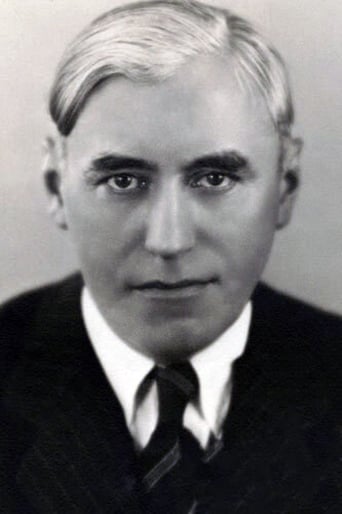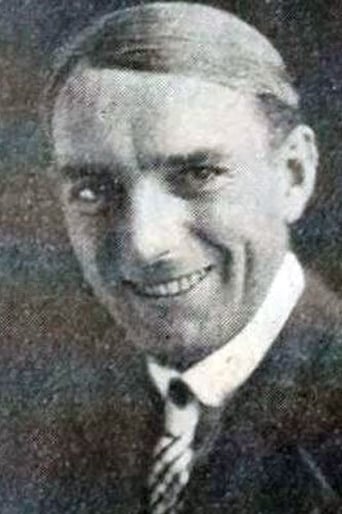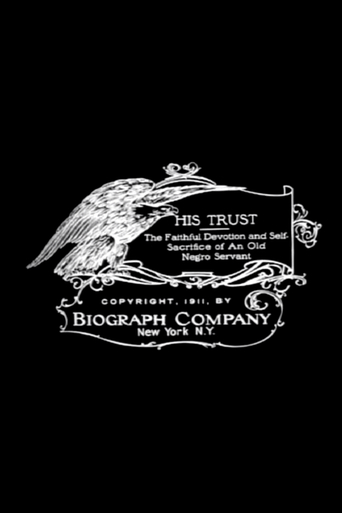
His Trust
January. 16,1911 NRA Confederate officer is called off to war. He leaves his wife and daughter in the care of George, his faithful Negro servant. After the officer is killed in battle, George continues in his caring duties, faithful to his trust.
Similar titles
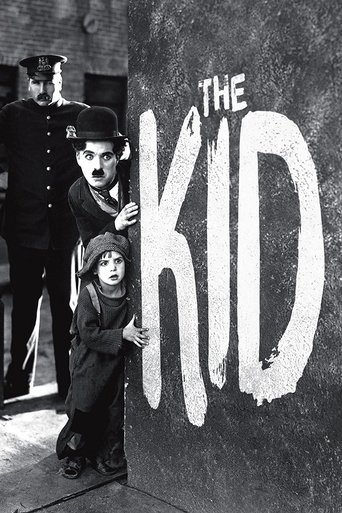

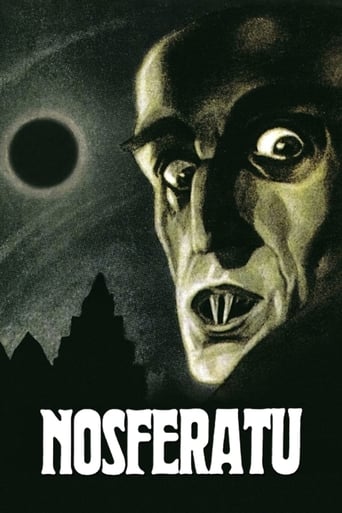

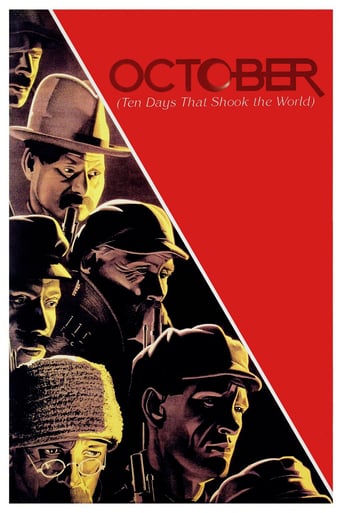

Reviews
How sad is this?
This is a small, humorous movie in some ways, but it has a huge heart. What a nice experience.
The story, direction, characters, and writing/dialogue is akin to taking a tranquilizer shot to the neck, but everything else was so well done.
The story, direction, characters, and writing/dialogue is akin to taking a tranquilizer shot to the neck, but everything else was so well done.
His Trust (1911) **** (out of 4)A Union soldier goes to fight in the Civil War and asks his black servant George (Wilfred Lucas) to take care of his wife and children. After the soldier dies the servant must do everything he can to keep the family strong. I think this here is one of Griffith's strongest shorts and I'd add that I also think this film shows black in the most positive way of any early film I've seen. The debate on the blacks being in blackface could go on and on but Griffith worked from his own group actors. I think the film is incredibly strong story and action wise. The battle sequences aren't the biggest that the director handled in his career but they are still full of excitement and wonder. I think their greatest aspect is how realistic they are. The story itself is a quite touching one as the servant must do whatever he can to protect the family since he gave his word to do so. Loyalty and love are subjects Griffith would tackle many times but the special detail here really makes this movie stick out among the five-hundred plus that he made.
'His Trust (1911)' was always going to prove difficult for modern audiences, particularly with D.W. Griffith's reputation. Events can take on entirely different connotations when the viewer is consciously watching out for hints of racial prejudice. For example, when a white servant rescues the family of his employer, it's viewed as noble devotion to his fellow man; yet when a black man does it (or, more accurately, a white man in black-face), many simply consider it racist propaganda, or showing support for slavery. I think that this is a grossly superficial stance. Setting aside the rather ridiculous spectacle of white men performing in black-face, I thought that Griffith portrayed George (played by Wilfred Lucas), the trusted African-American servant of a Confederate soldier (Dell Henderson), with sympathy and humility. There's obviously a common bond between George and Col. Frazier, a mutual trust that overcomes racial boundaries. George does not rescue Frazier's daughter and memorial sword because he's a blindly-devoted slave, but because he's a human being, and that's what any decent human being would do.'His Trust' was one of several Civil War shorts that Griffith directed, and it was shortly thereafter followed by a sequel, 'His Trust Fulfilled (1911),' which I haven't yet seen. 'In the Border States (1910)' is easily the better effort, mostly because it humanised both sides of the conflict, whereas here the despicable Yankees arrive only to loot a fallen soldier's home and burn it to the ground. Nevertheless, Griffit manages to build up a fair amount of pathos, particularly as Col. Frazier's wife (Claire McDowell), daughter by her side, turns to face the smouldering shell of her house, as its charred foundations tumble to the ground. An early Civil War battle scene emphasises the chaos of warfare, with smoke and gunfire battering the screen at random intervals, and Griffith underplays the deaths of soldiers left, right and centre, as though acknowledging the turmoil of combat. This isn't one of the director's finest hours, but it's a worthy enough Civil War tale, and, if you leave your racial preconceptions at the door, there's plenty to appreciate.
In this story, Negro servant "George" is asked to look after his master's wife and child when he ("Colonel Frazier") goes off to war. Soon, the master is killed in the Civil War. It's bad enough the man died, but then the heartless Yankees came and looted the house and burned it down. George goes into the fire and retrieves the small child and the Frazier's sword - a sentimental piece offered to his wife after her husband's death. George, the woman and child - all homeless - then find a shack and poor George has to sleep outside. End of story.Wilfred Lucas played "George;" Dell Henderson, "Col. Frazier" and Claire McDonald played Frazier's wife. She had a very square face that reminded me a bit of Demi Moore. For a film made in 1911, I thought the battle scenes were pretty good and were probably considered "big production" at that time.I know the obvious flaw of having all white actors play the black people will turn off a lot of viewers but that's the way it was for the first three decades or so in film-making, and you just accept it as a "product of its time." Otherwise, this was a decent little drama for when it was made and that ending, with George curling up on the front steps to sleep, was very powerful, I thought.
"His Trust" was the fourth of Griffith's seven Civil War Shorts. Actually there were only six, "His Trust" was the only two-reeler and against Griffith's wishes Biograph released it serially, calling the second reel "His Trust Fulfilled". It lacks the charm of the remaining five shorts and is painfully cornball in comparison to most of Griffith's Biograph work.Wilfred Lucus (in blackface) plays George, a faithful Negro servant entrusted by his owner with the welfare of his wife and young daughter when he goes off to fight for the South. Predictibly the owner dies in a nicely staged battle sequence, union soldiers burn the mansion in a poorly staged arson sequence, and George rescues the daughter and his master's sword. The daughter grows up in George's cabin. In the second reel George pays for her education at a seminary, and resists the temptation to steal when his money runs out. She eventually marries her "cousin" (seriously) and George gets to keep the sword.Although a rather weak story, "His Trust" is significant for several reasons. It's subject, a southern family reduced to poverty by the war mirrors Griffith's own situation. Griffith's father served in Kentucky's "Orphan Brigade" during the Civil War and the family never really recovered from the financial setbacks that resulted. It's hero, a "good Negro", is portrayed affectionately-if somewhat patronizingly; a precursor of what was to come in "Birth of a Nation".Finally, "His Trust" was Griffith's first foray outside the world of single reel shorts. Griffith was pressing Biograph for funding to do longer films. Other studios had already released the five reel "Life of Moses", a four reel "Les Miserables", and a three reel version of "Uncle Tom's Cabin". Biograph's resistance to the concept of longer films would eventually be a factor in Griffith's split with his original studio, a production house that owed its #1 reputation to Griffith's vision and innovation. Even in 1910 Griffith seemingly had grasped the change that was taking place as feature length films would not be released serially but would play as extended showings in legitimate theaters.Then again, what do I know? I'm only a child.
Top Streaming Movies













